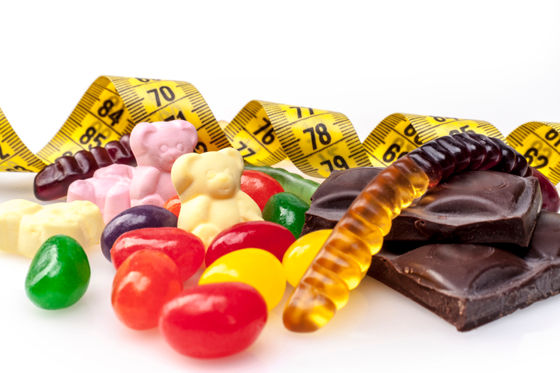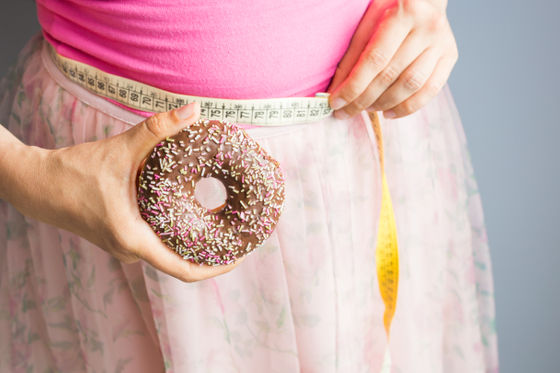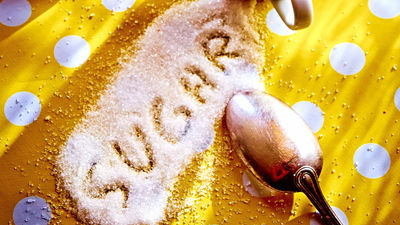Large-scale study confirms that artificial sweeteners are associated with 'increased cancer risk'

Artificial sweeteners that help reduce calorie intake and prevent tooth decay are widely used in everyday beverages and foods, but past studies
Artificial sweeteners and cancer risk: Results from the NutriNet-Santé population-based cohort study
https://journals.plos.org/plosmedicine/article?id=10.1371/journal.pmed.1003950
Artificial Sweeteners Are Associated With Increased Cancer Risk, Finds Large-Scale Cohort Study | Technology Networks
https://www.technologynetworks.com/cancer-research/news/artificial-sweeteners-are-associated-with-increased-cancer-risk-finds-large-scale-cohort-study-359968
In the EU, all artificial sweeteners used in food and drink must undergo and pass a safety assessment in advance. Similarly, in the United States, ' high-sweetness sweeteners ' that are sweet and low in energy must be approved by the US Food and Drug Administration (FDA) before they can be used as food additives. However, as the debate over the safety of artificial sweeteners has reignited in recent years, national health authorities have begun reassessing approved sweeteners.
Against this background, a research team led by Charlotte Debras, a nutritionist at the University of Sorbonne Paris Nord in France, conducted an experiment in 102,865 adults in France to investigate the relationship between diet and cancer risk. I did it. The average age of participants was 42.2 years, with 78.5% being female.

Based on the dietary records submitted by the participants, we estimated the consumption of artificial sweeteners by each individual, and found that the most common source of artificial sweeteners was non-sugar soft drinks, which the participants took during the period. 53% of the artificial sweeteners ingested in Japan came from soft drinks. The second highest was 29% of tabletop seasonings and 8% of yogurt and cottage cheese.
By type of artificial sweetener,
Then, when the research team analyzed the consumption of artificial sweeteners of the participants against the information of cancer screening, the participants who took a large amount of artificial sweeteners, especially aspartame and acesulfame K, took it. The overall risk of cancer was higher than those who did not. Among them, aspartame had a particularly significant relationship between breast cancer and obesity-related cancer, the research team points out.

Regarding this result, Debras, the lead author of the paper, said, 'Aspartame and Acesulfame K are overwhelmingly high-consumption artificial sweeteners. That is, the fact that there was a link between the two and cancer is It's possible that it only reflects the fact that Aspartame and Acesulfame K were the most commonly used, so we need to be aware of that. '
In addition, the research team wrote in a paper, 'In this large-scale cohort study , artificial sweeteners used in many foods and beverages around the world, especially aspartame and acesulfame K, increase the risk of cancer. The findings provide an important and new perspective for health agencies around the world to reassess the safety of artificial sweeteners. '
Related Posts:







